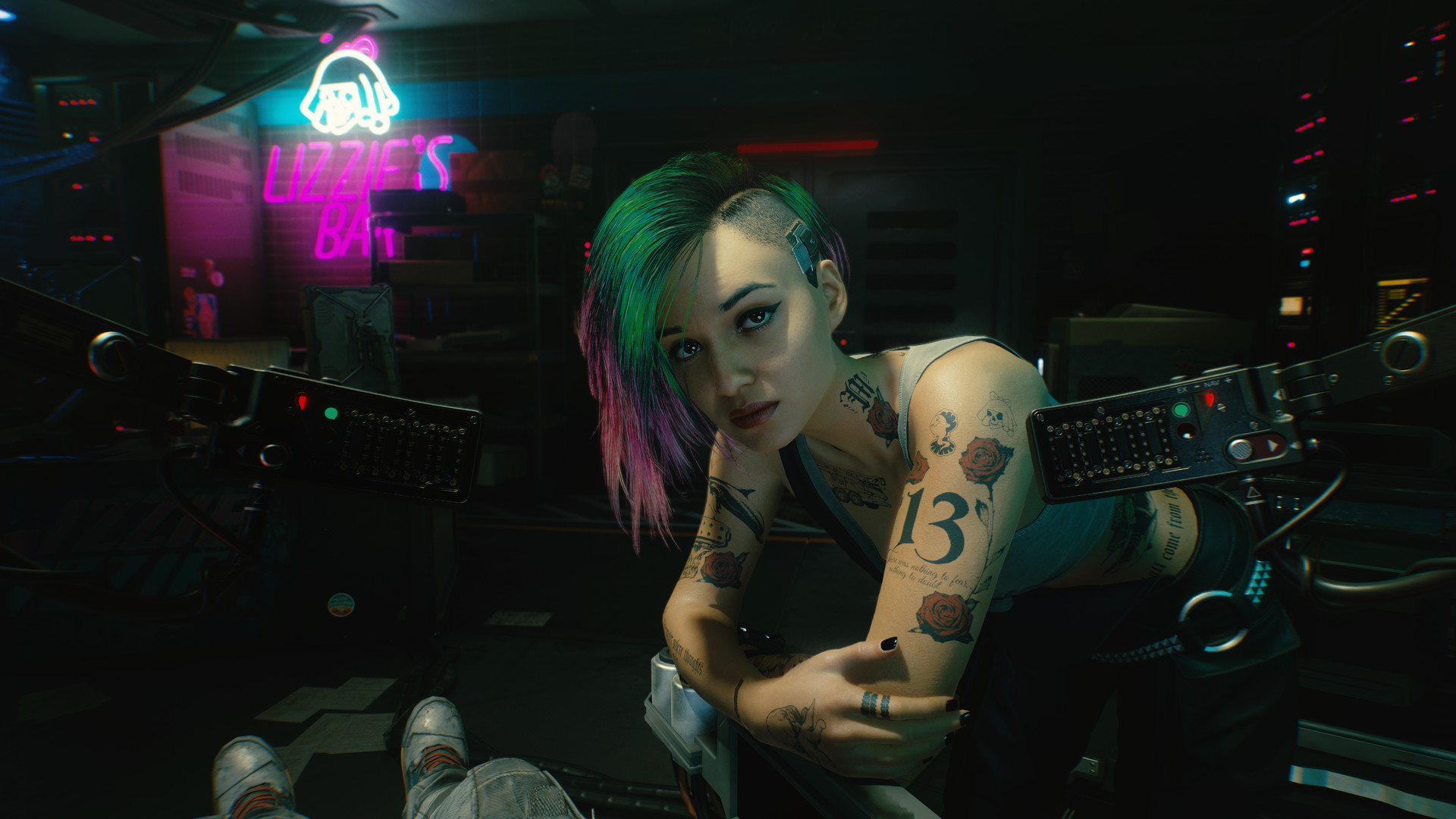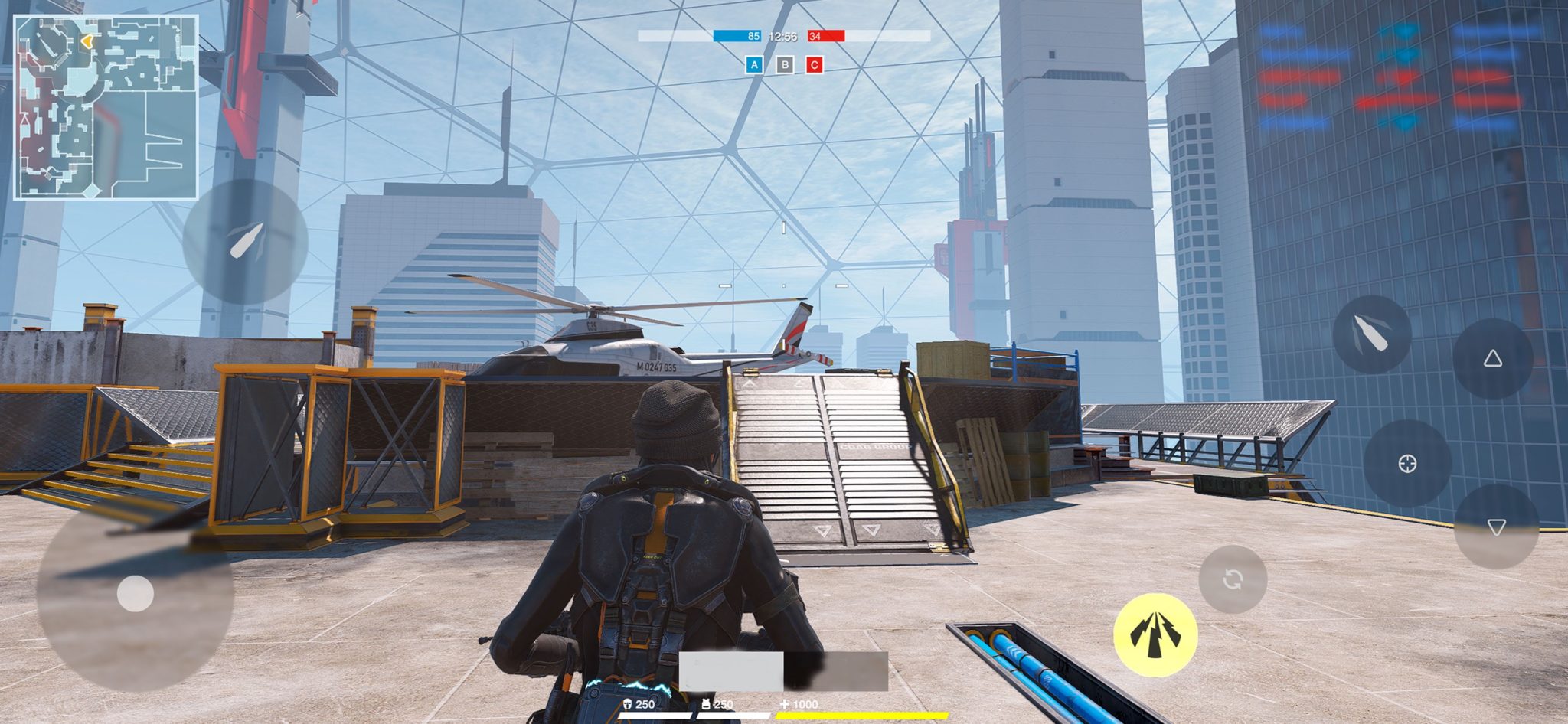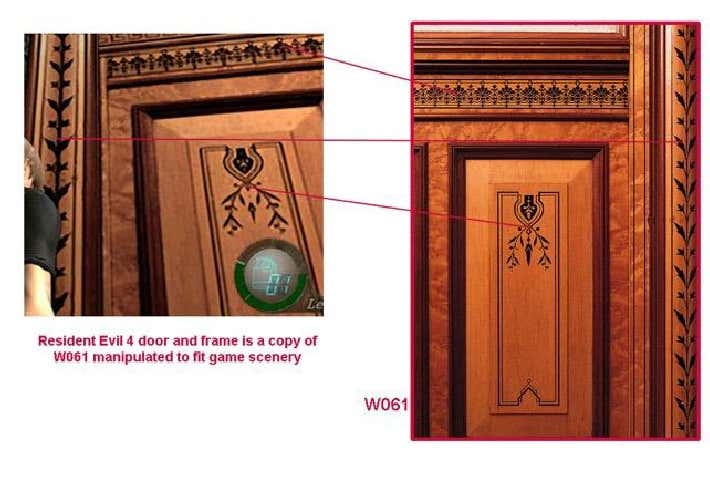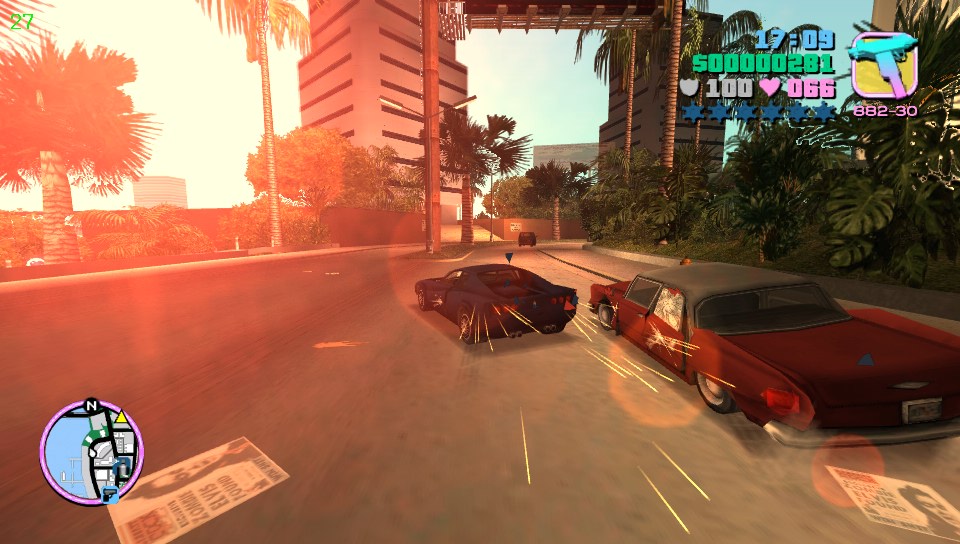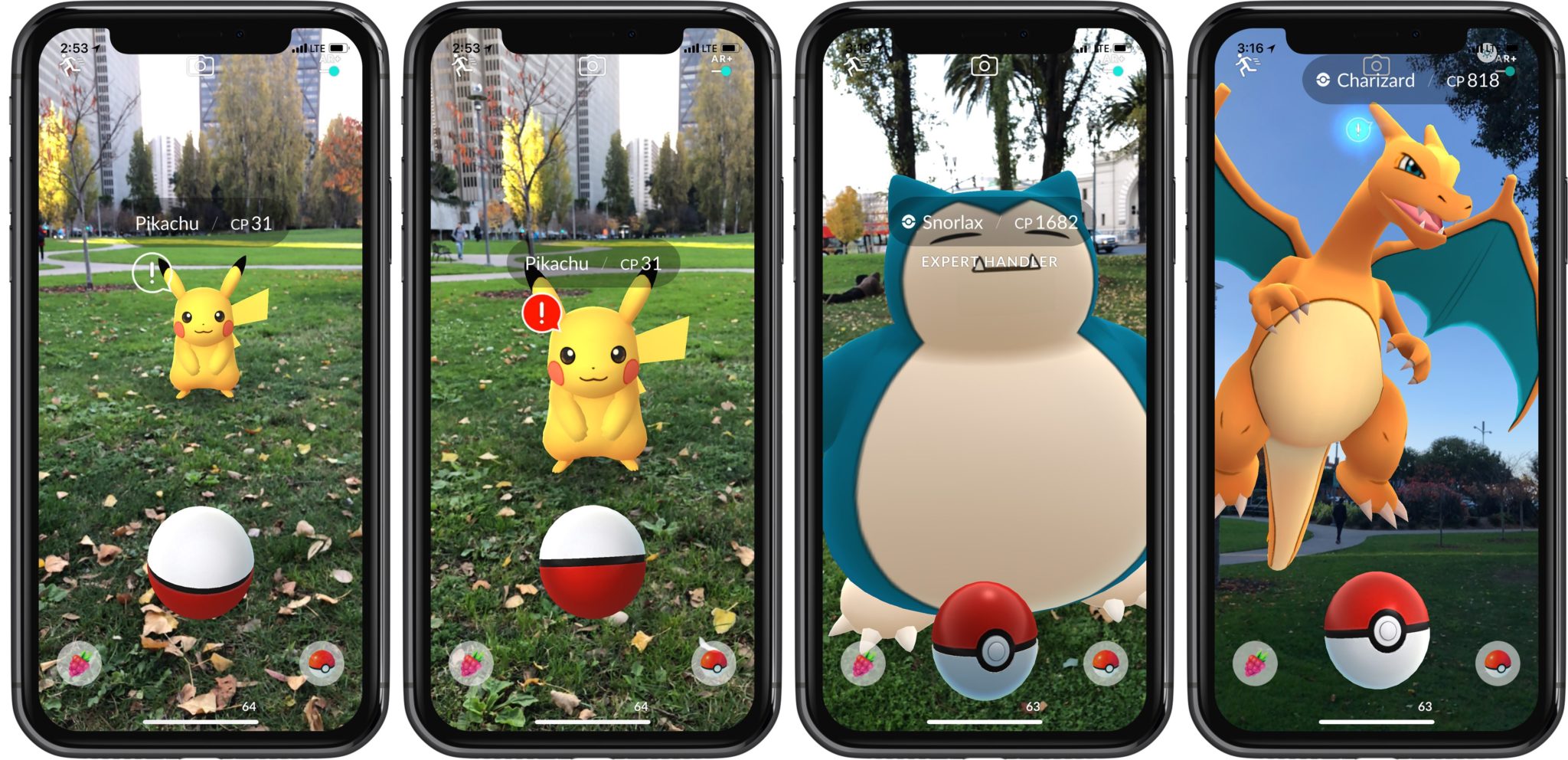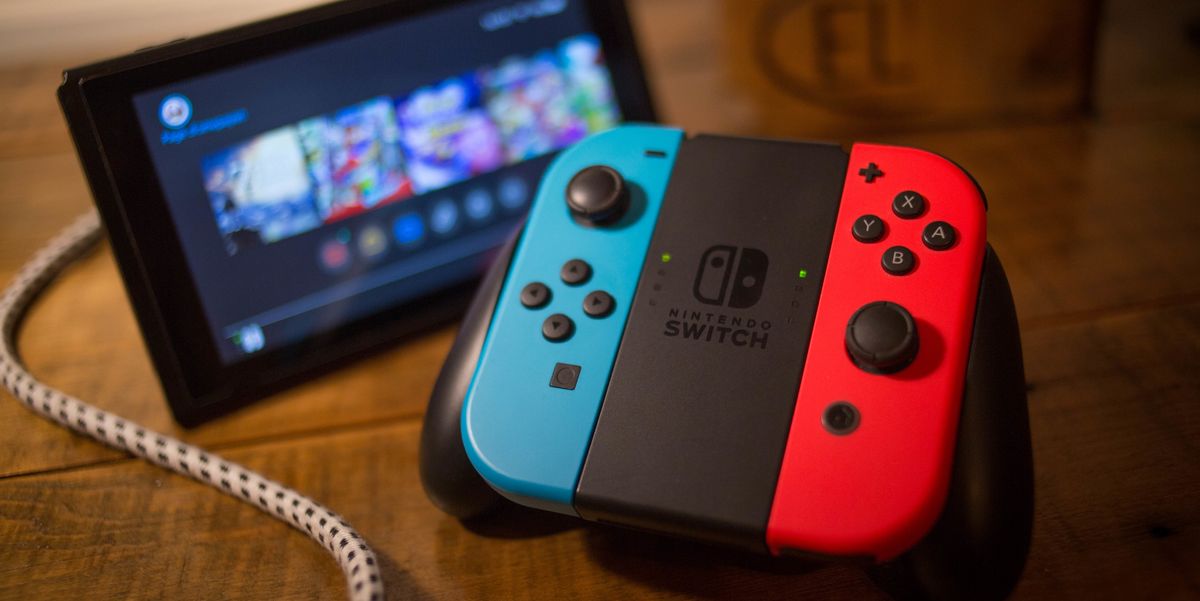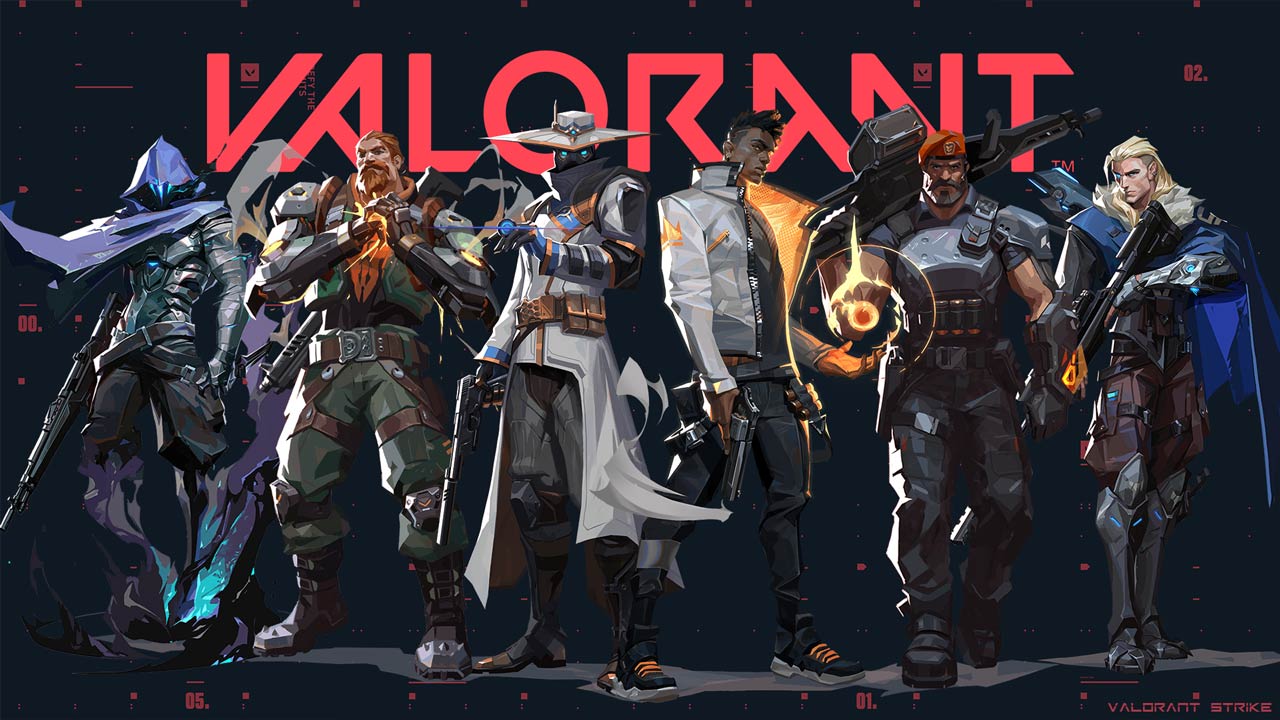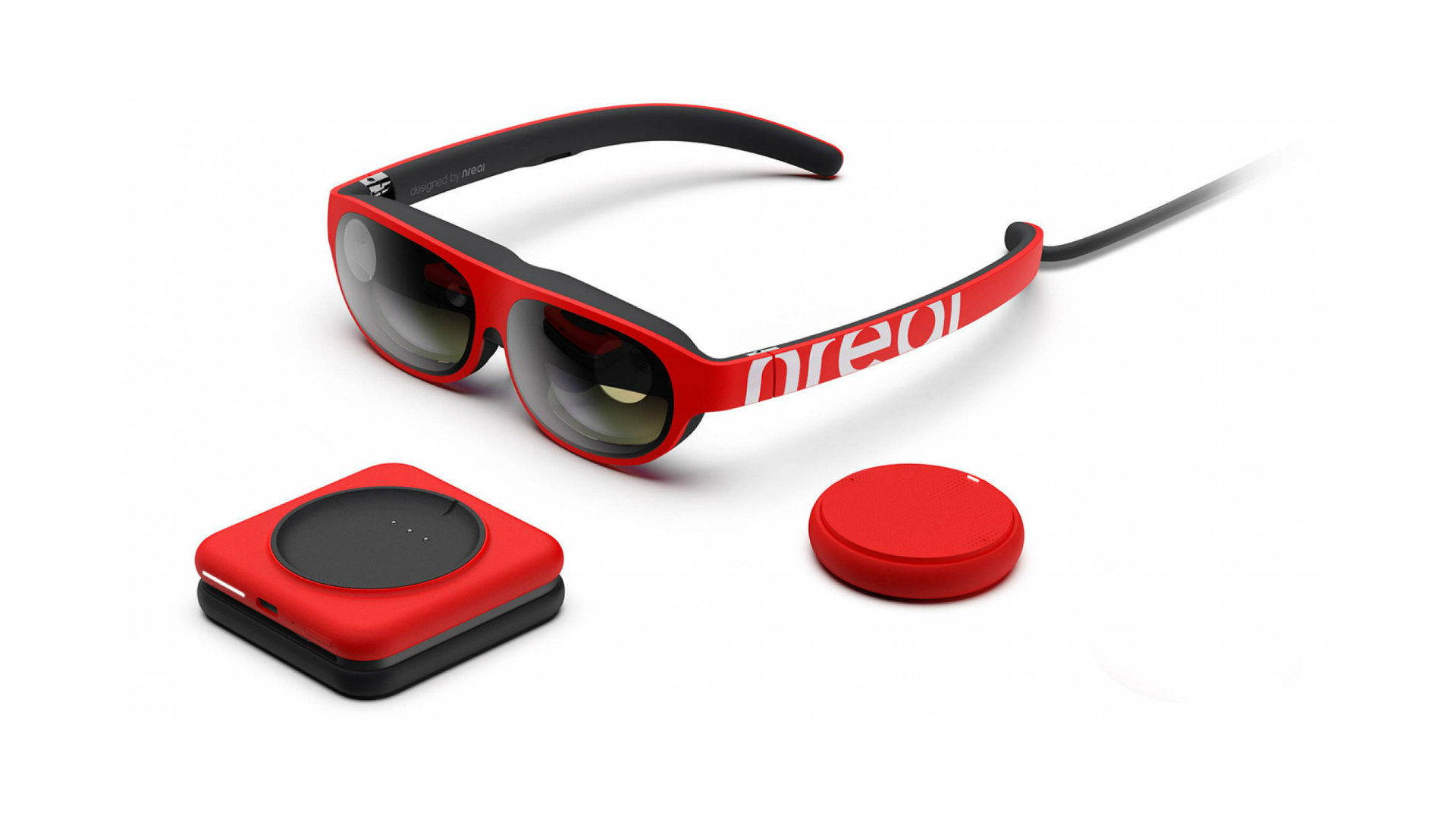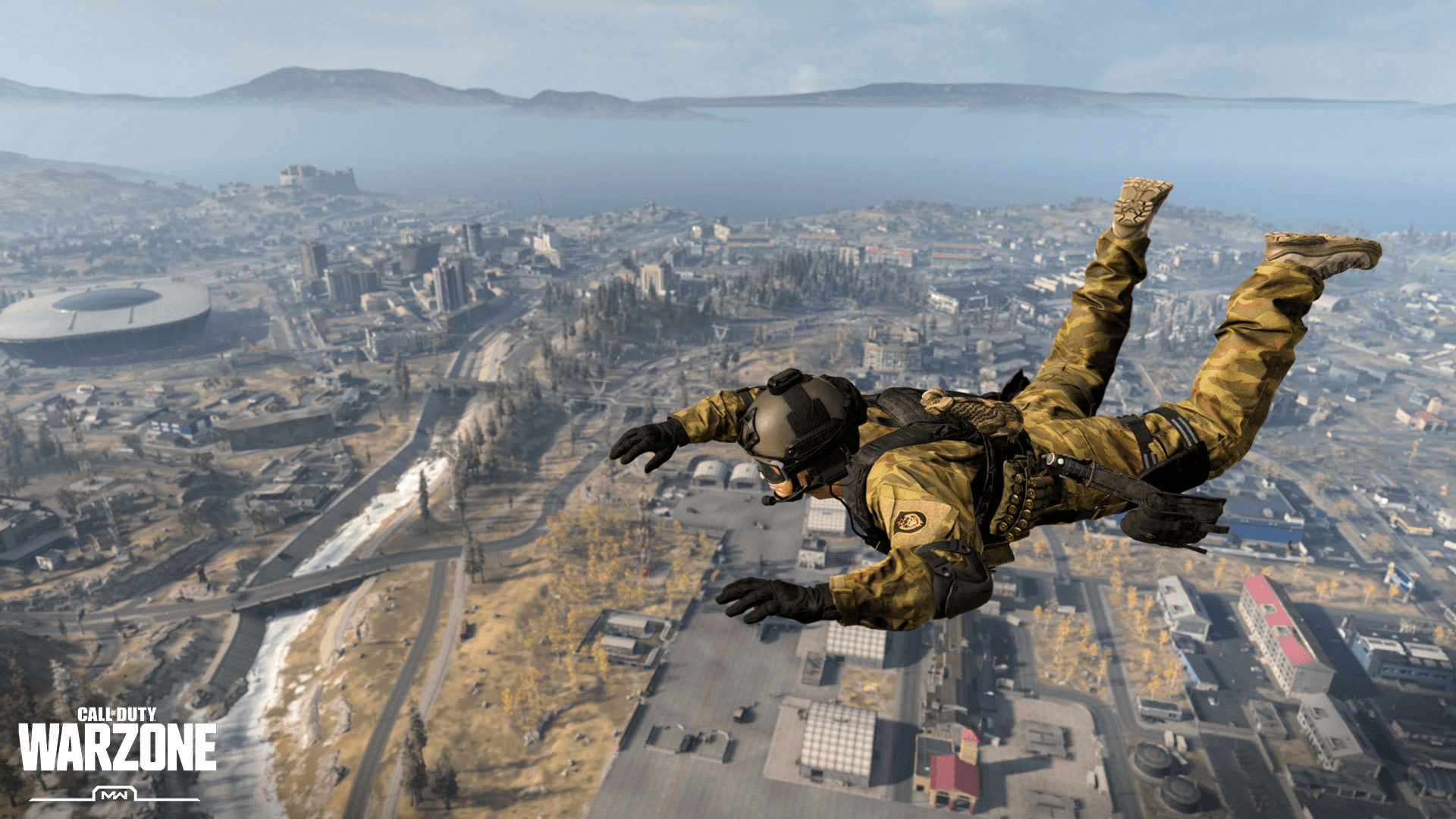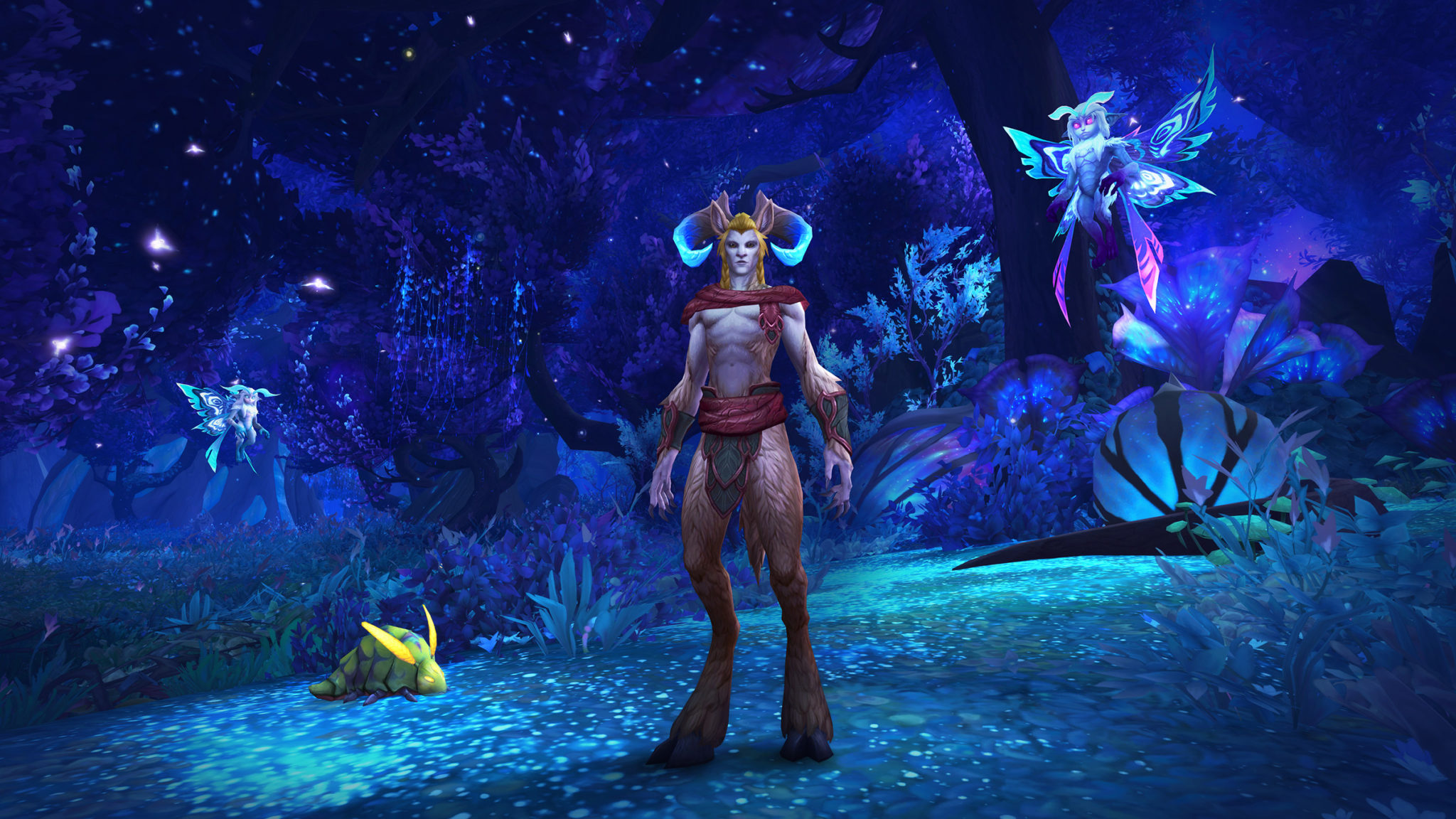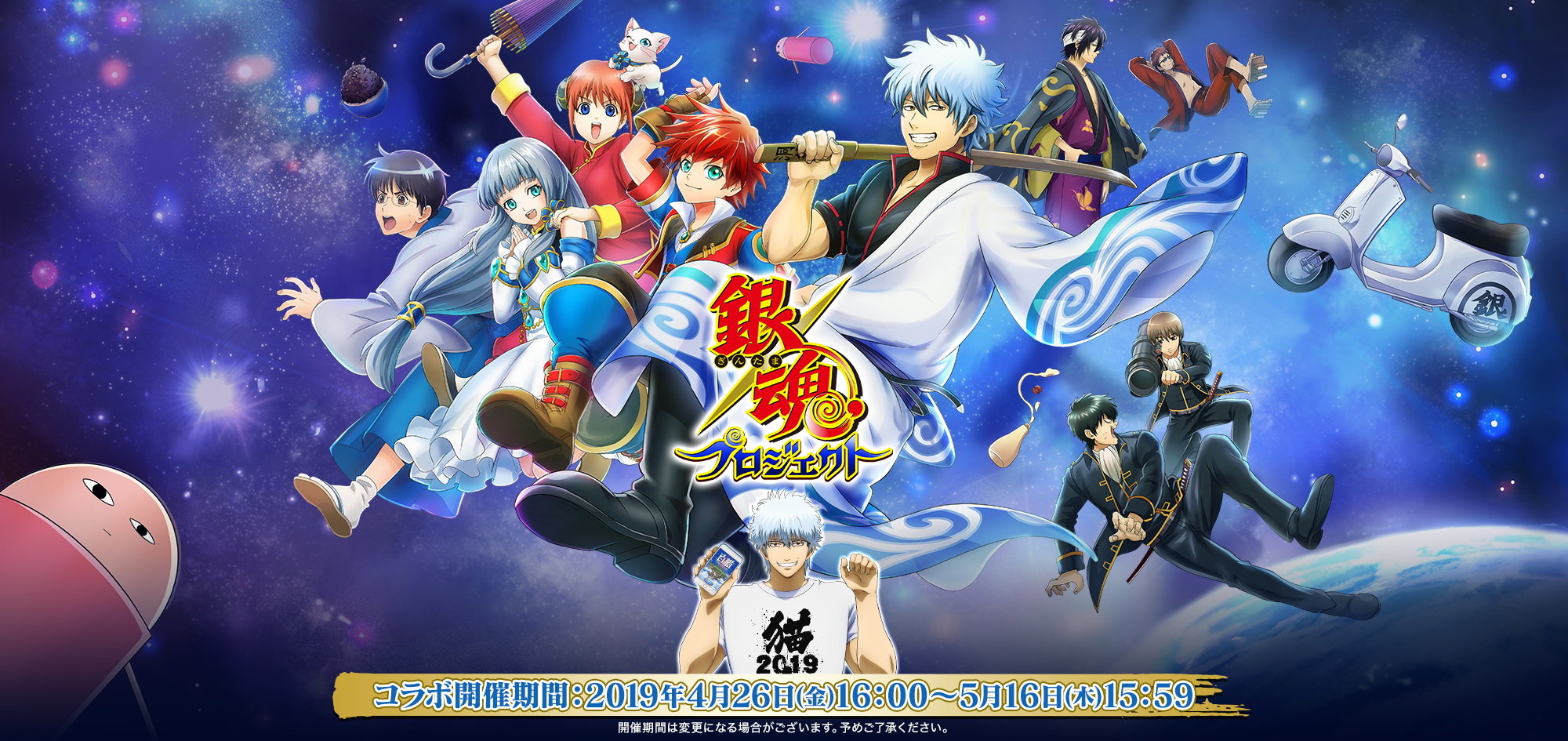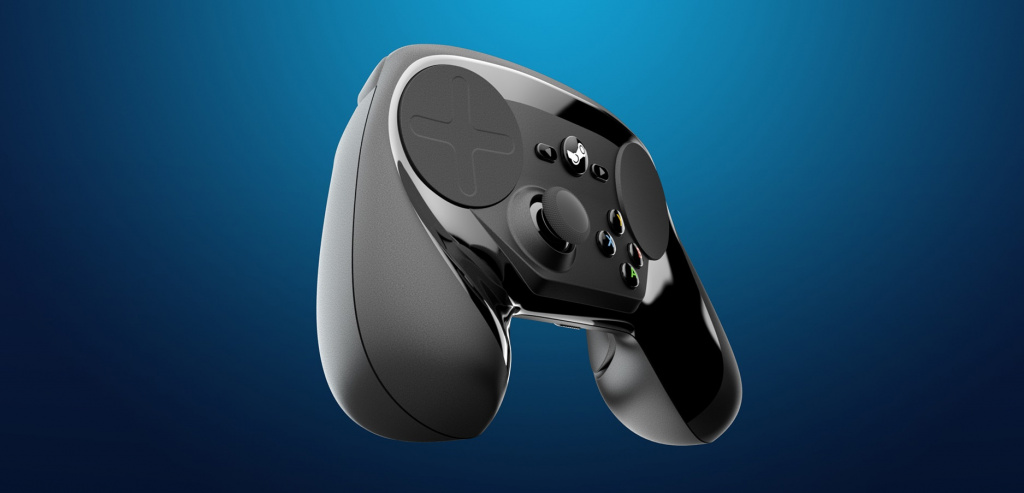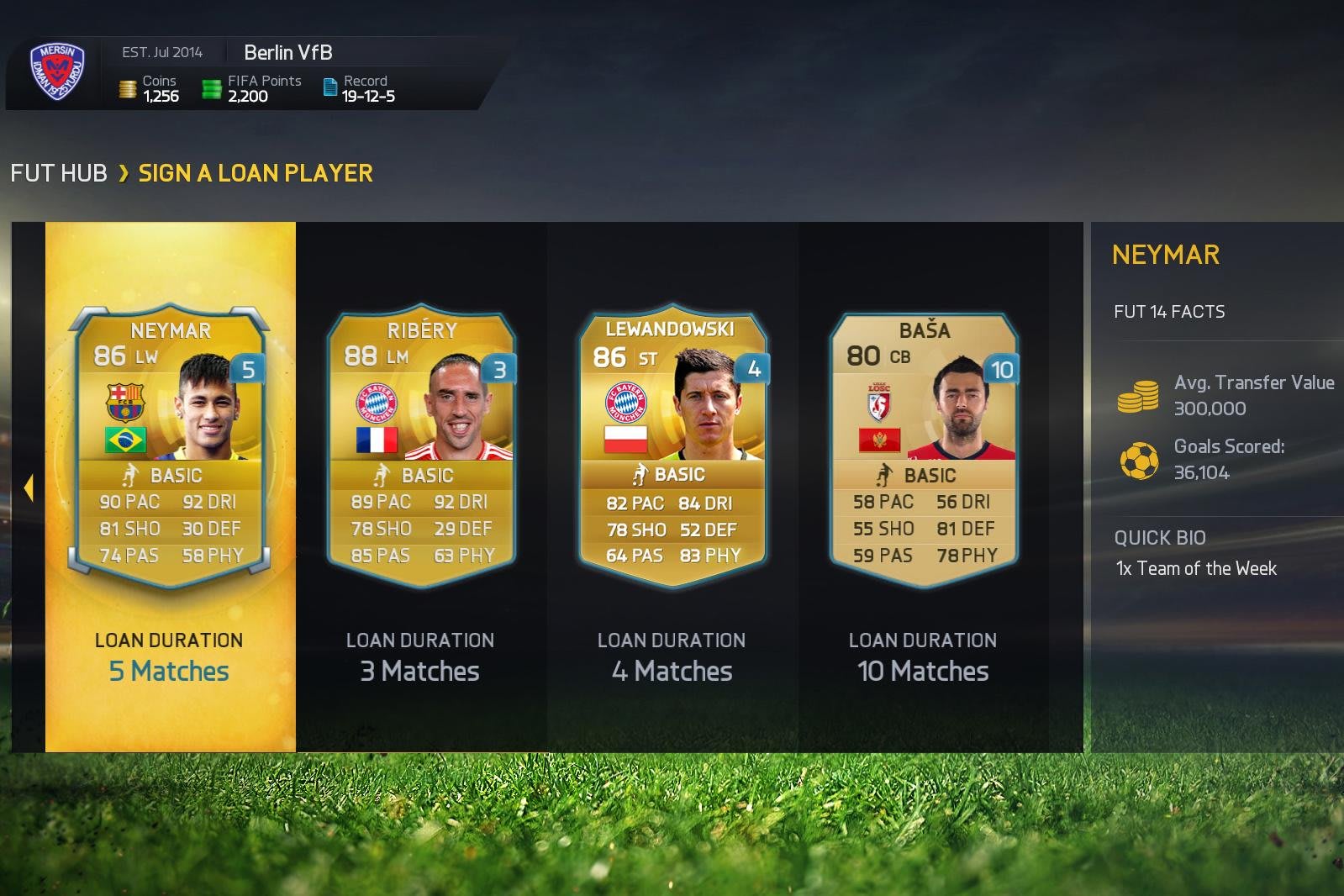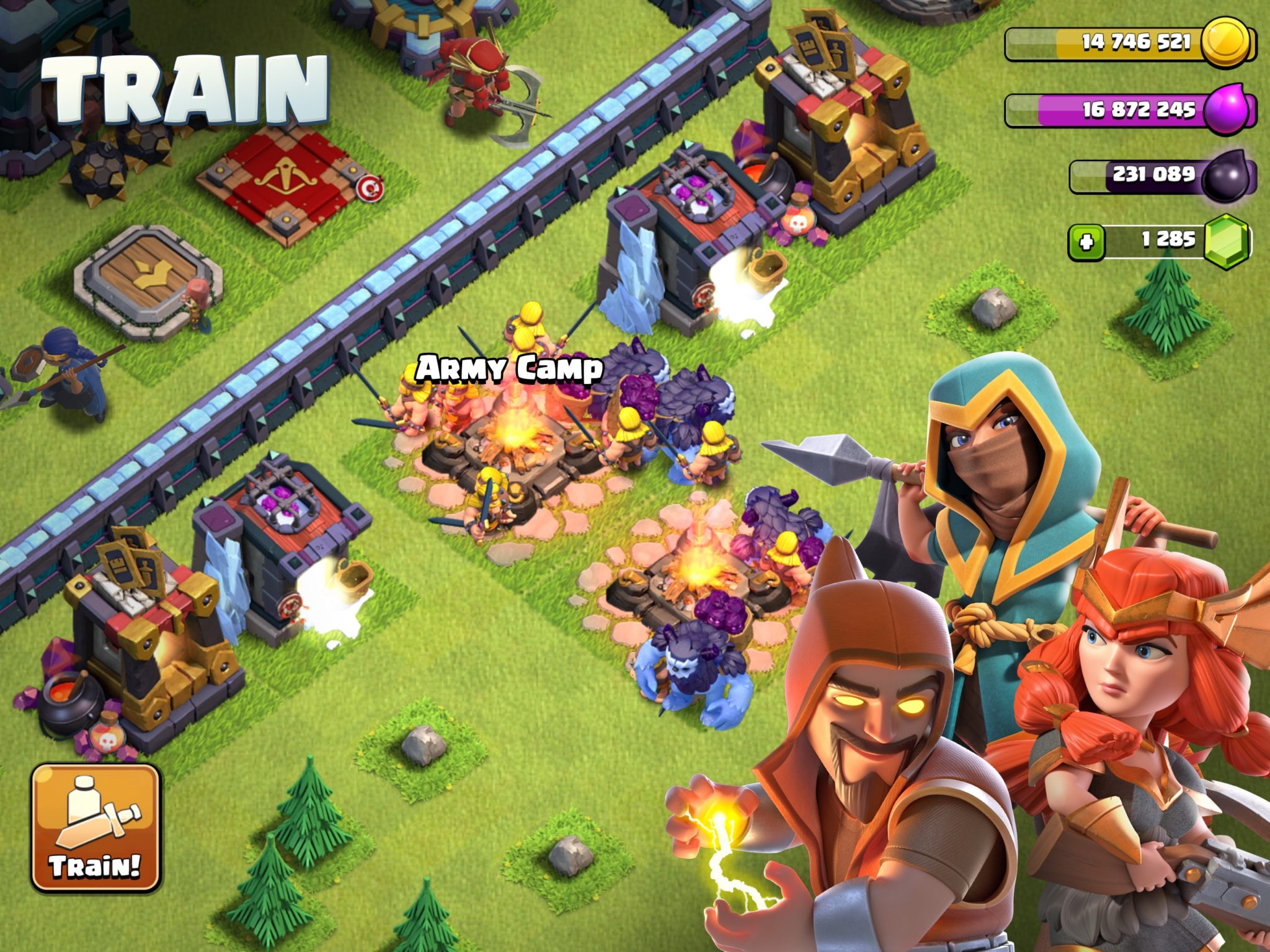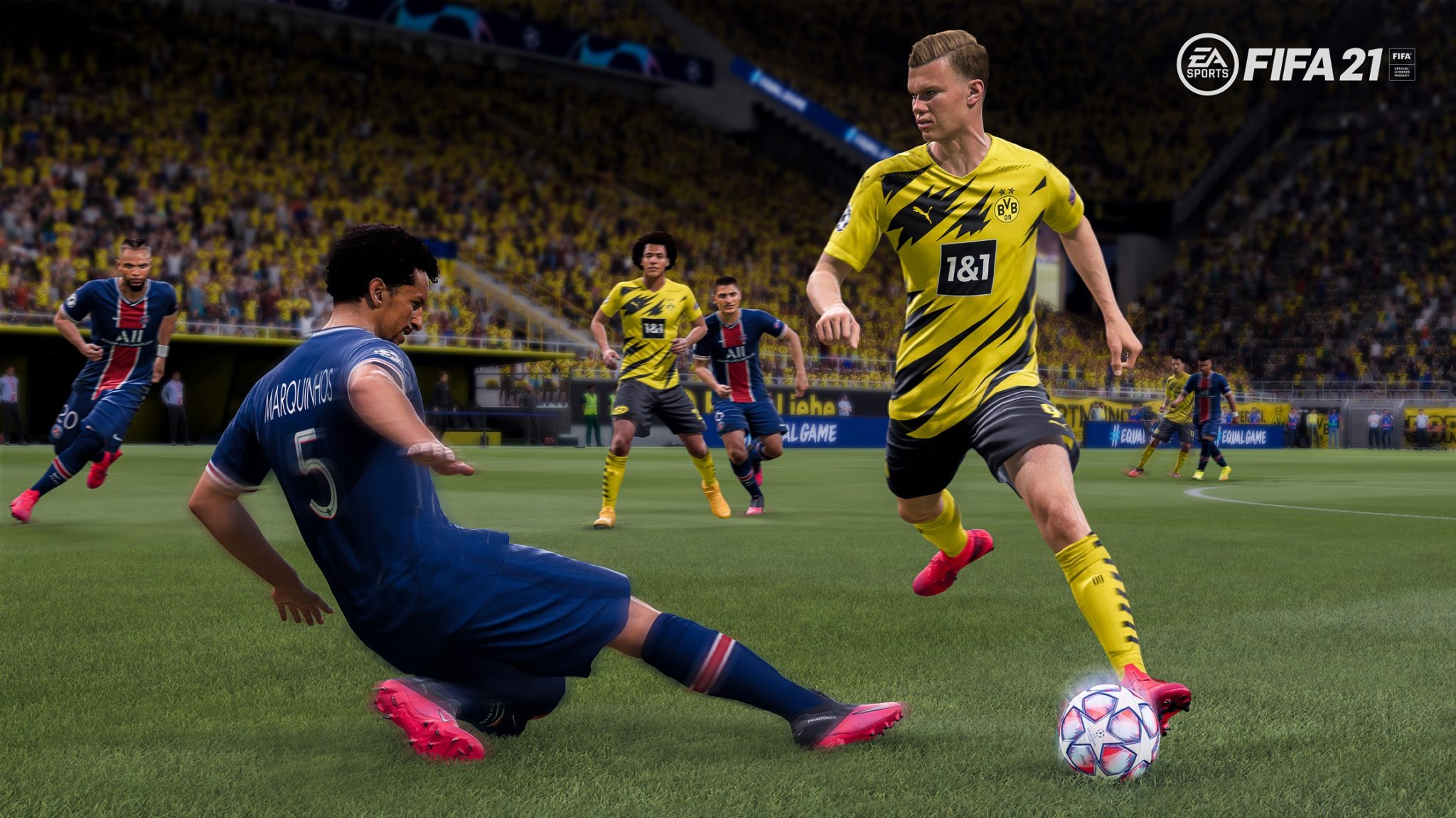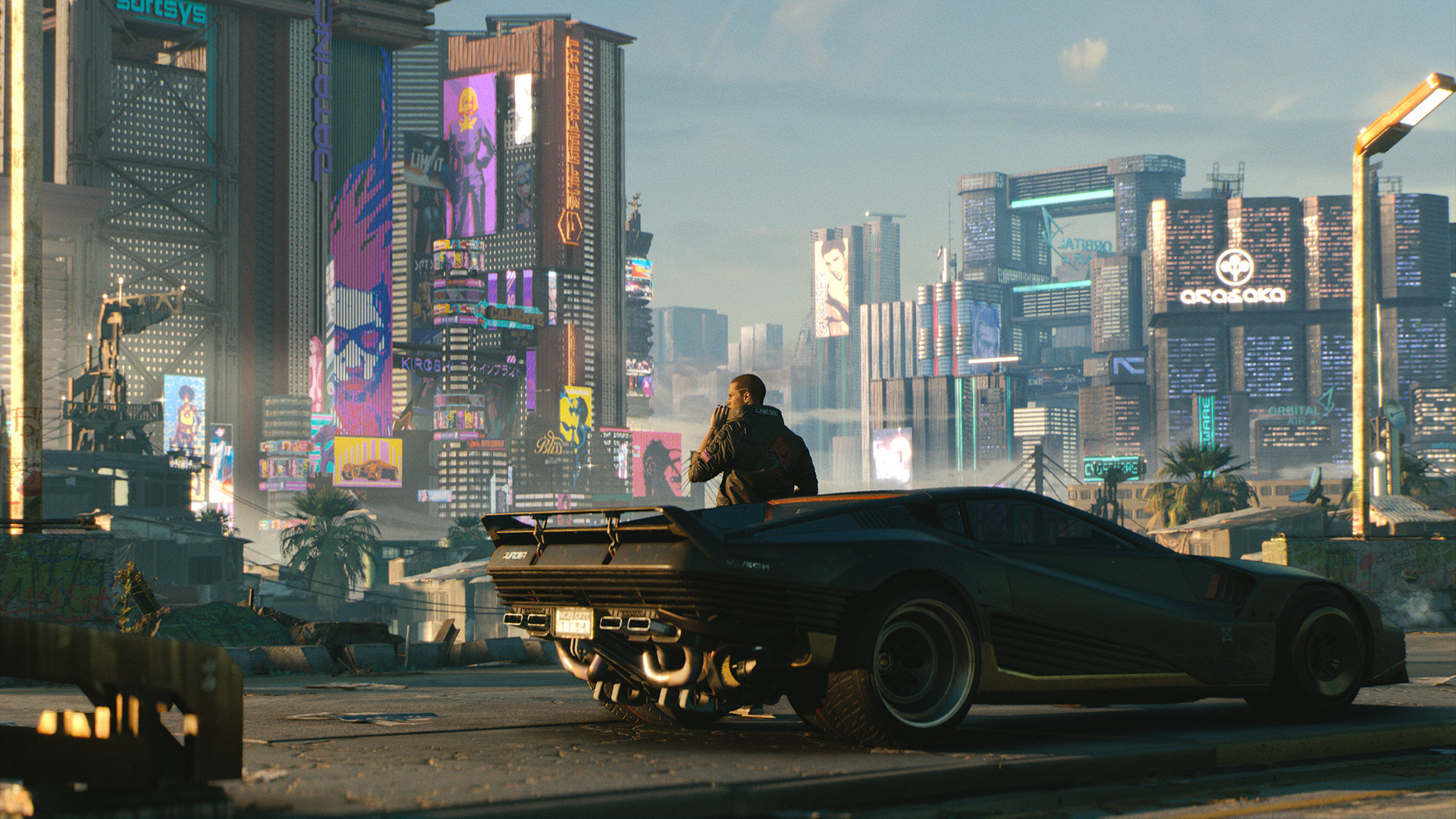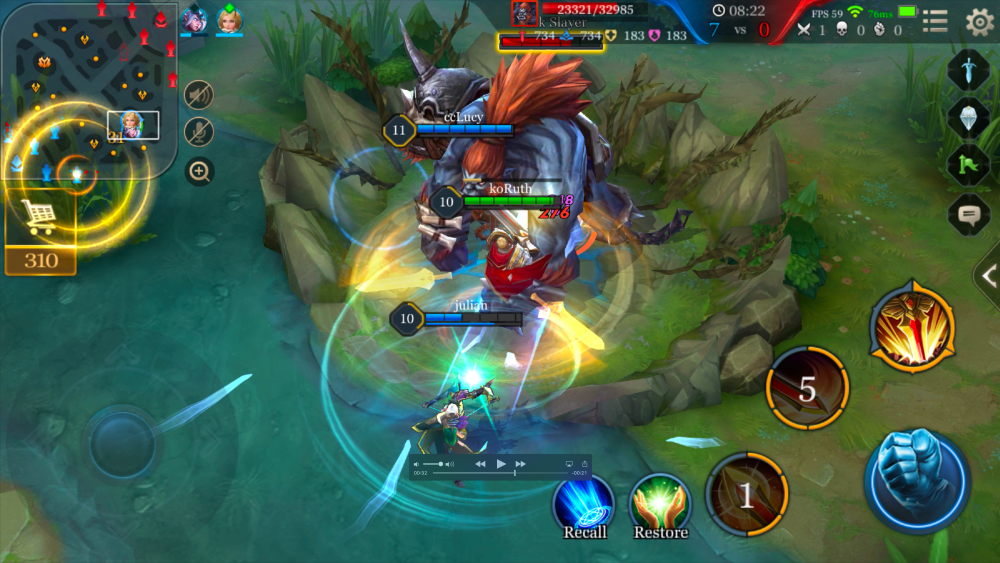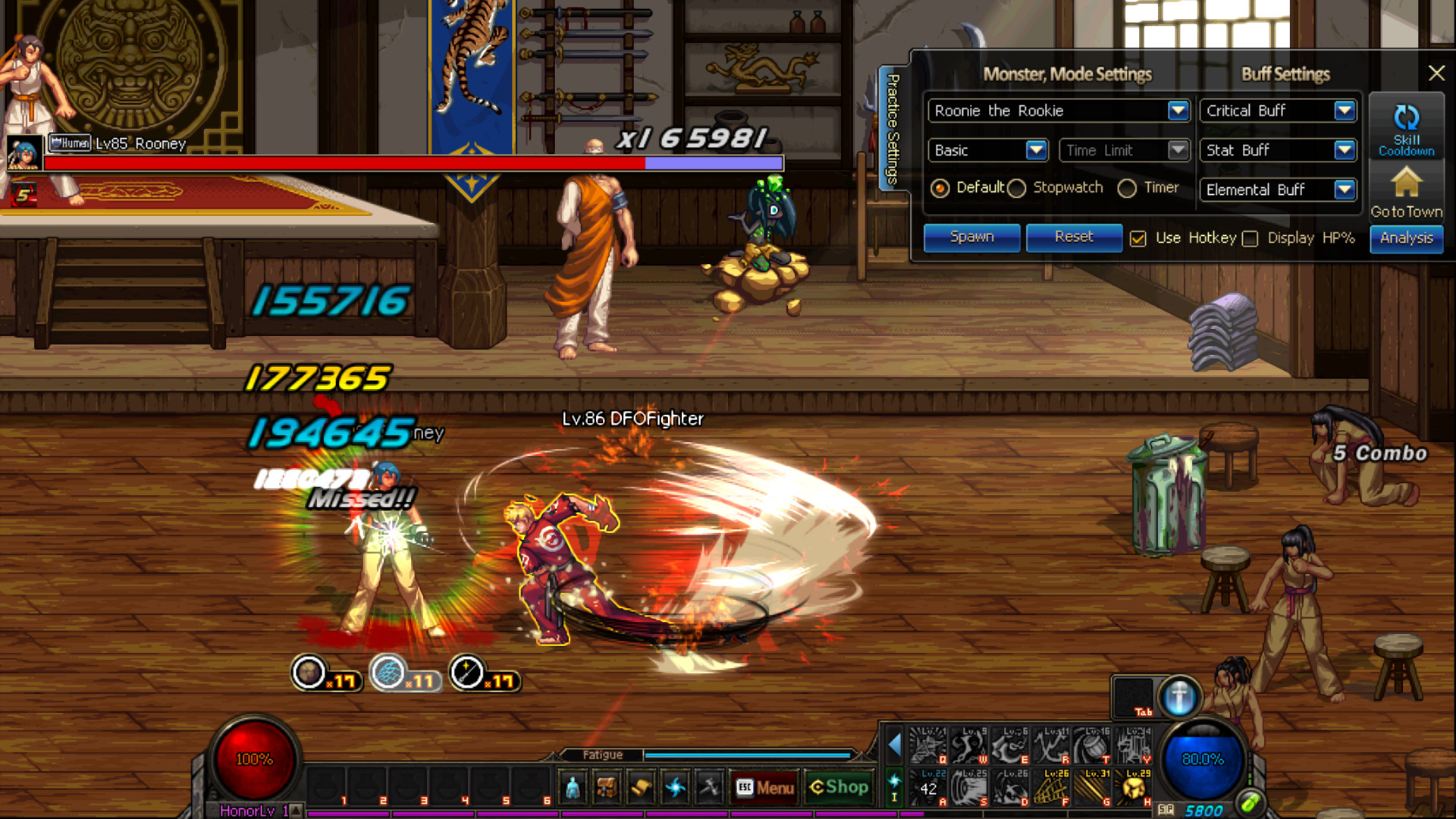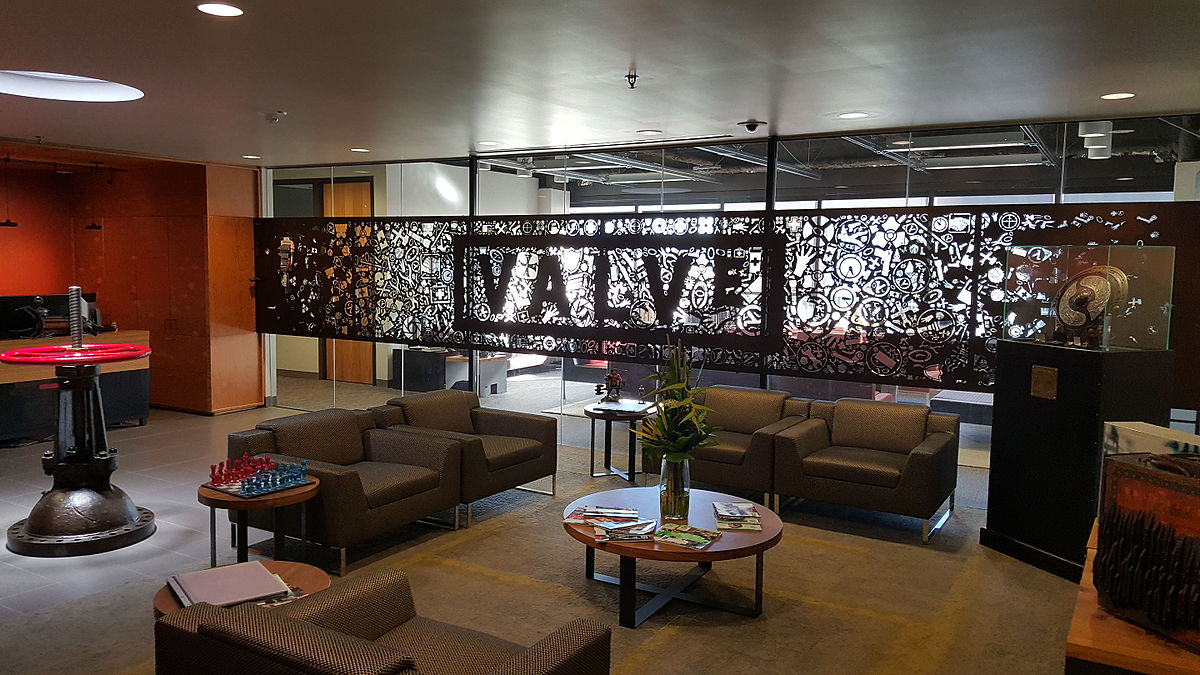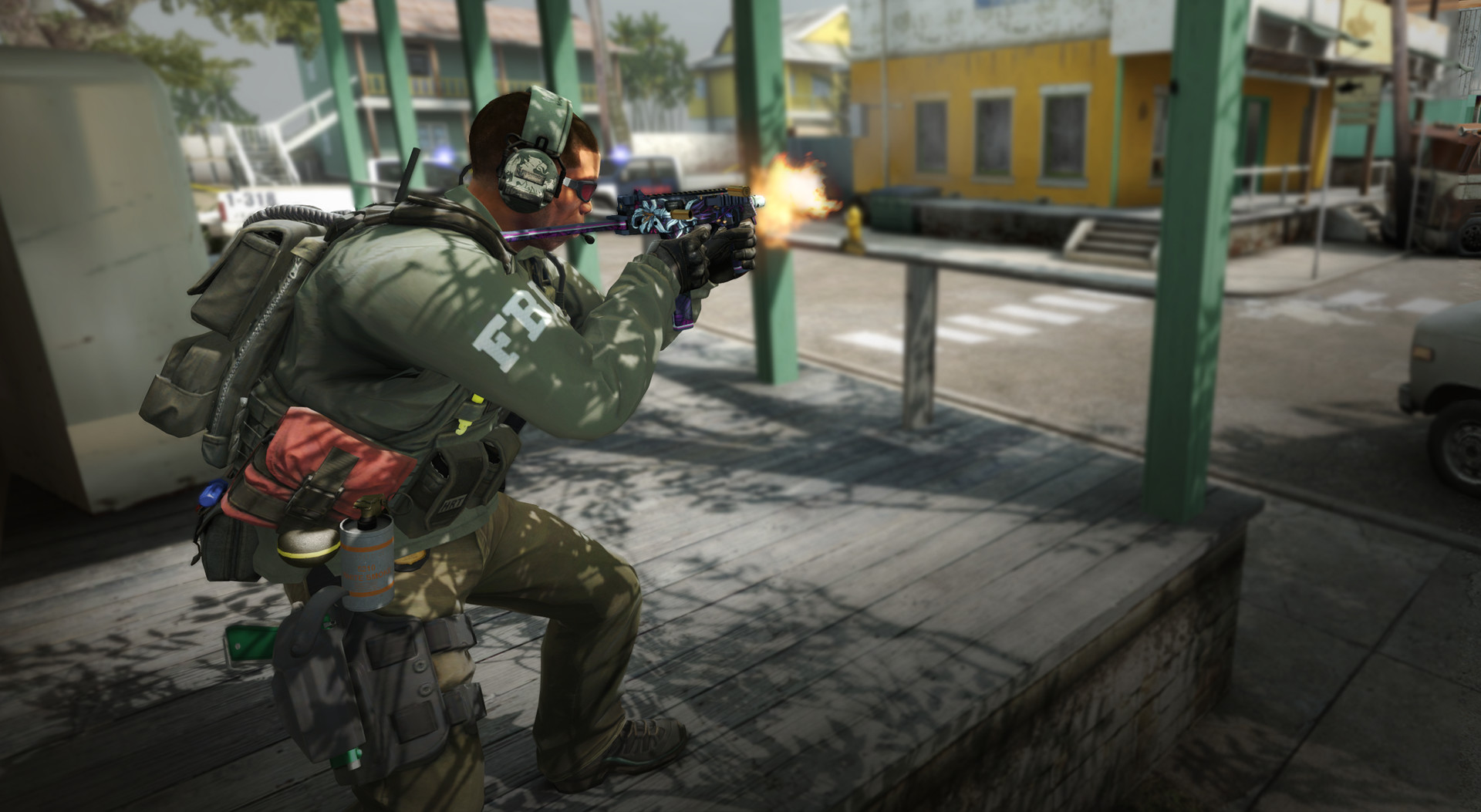This is the latest installment of Semenov&Pevzner’s overview of the gaming industry’s major lawsuits and disputes from all over the world.
This overview covers the first half of 2021. You may access the previous installment of this overview, covering the period from May to December 2020.
The report was prepared by the team in the Saint Petersburg branch of Semenov&Pevzner: Lawyer Alexey Pereverzev, Managing Partner Ekaterina Smirnova, and Lawyer Victoria Matveeva.
Alexey Pereverzev, Ekaterina Smirnova, and Victoria Matveeva
The report is divided into six parts:
- Copyright
- Trademarks
- Patent rights
- Personal data
- Gambling
- Miscellaneous
Copyright
A video game is a complex multimedia product that comprises multiple pieces of intellectual property, such as software, music, graphic interface, characters and script. All of these objects are copyright works in their own right. It is not surprising, then, that one often hears about authors and other right holders’ claims of unlawful use of the fruits of their creative labor. Nor is it rare that the video game proper – or its integral parts – are used without the right holder’s consent.
1. Nintendo successfully claims compensation to the tune of $2.1 million from RomUniverse
Previous installments of this series covered the court proceedings between Nintendo and the owner of the ROM portal RomUniverse Matthew Storman.
To recap, the lawsuit was filed in September 2019 in the District Court for the Central District of California after pirated copies of the Japanese maker’s games were made available on RomUniverse, alongside the company’s trademarks. In aggregate, the plaintiff was claiming damages in the amount of $15.6 million.
The dispute was finally resolved in May 2021 when the court awarded part of Nintendo’s claim. The court ordered the owner of RomUniverse to pay $2,115,000 to the video game company.
Nintendo failed to substantiate the claim for an indefinite injunction that would prevent Storman from engaging in certain activities: it could not prove that it had suffered irreparable harm at the hands of Storman – a key component of the legal test required for injunctions of this kind. Another missing link that the court pointed out was that the injunction was not the only adequate remedy at law, as Storman had ceased the operations of the website in question and the plaintiff had been awarded a payment that adequately compensated it for the damage suffered.
2. Escalation of CD Projekt Red conflict with investors over Cyberpunk 2077
The unsuccessful release of CD Projekt Red’s Cyberpunk 2077 sent shockwaves across the industry in late 2020 and early 2021. The game turned out to be a disappointment for users and investors alike, and it transpired in December 2020 that the investors had initiated a collective action campaign to claim damages they suffered as a result. What is more, Polish lawyers and investors were toying with the idea of launching an investigation of an alleged fraud on the part of the studio under the Polish Criminal Code.
CD Projekt Red’s press release published in May 2021 revealed that all claims had been consolidated and were being progressed as part of the same proceedings, which are ongoing. There was no update in relation to the criminal investigation.
The news about NMPA’s lawsuit[9] against Roblox spread in June 2021: it was filed on behalf of multiple right holders in the District Court for the Central District of California. Roblox is the owner of the eponymous online gaming platform that enables its users to create their own games and try other users’ creations.
The lawsuit alleged a large-scale copyright infringement by Roblox that intentionally created a centralized library of unlicensed music that can be distributed, streamed, publicly performed and synchronized with gaming content. Speaking for a sizeable majority of music labels and performers, the plaintiff accused Roblox of copying each of the songs on the library and charging the users for using the content in their games.
NMPA assesses the value of its claim in damages to be at least $200 million.
Roblox have already put out a statement in which they stressed that they do not tolerate copyright infringement and that Roblox expeditiously responds to any valid Digital Millennium Copyright Act (DMCA) request by removing any infringing content. The company is ‘surprised and disappointed by this lawsuit which represents a fundamental misunderstanding of how the Roblox platform operates, and will defend Roblox vigorously’ as it works to achieve a fair resolution.
4. Wargaming suffers a setback in litigation against former employees
Another important case covered in the previous installments of this digest was the large-scale dispute between Wargaming and the studio’s former employees who went on to start a new independent studio called Press Fire Games, formerly known as BlitzTeam. The dispute spans several continents, with litigation underway in Belarus, Cyprus and the US.
To recap, the matters at the core of the dispute are as follows:
- Wargaming secured a court injunction preventing the former employees from using the word “Blitz” in connection with video games throughout the European Union. The order came from the District Court of Nicosia, Cyprus.
- In Belarus, Wargaming started civil action against five of its former employees, claiming $1.69 million in aggregate for the allegedly unlawful publication of the source code of the Framework/DAVA Engine on GitHub.
- In March 2020 Wargaming filed a lawsuit with the Federal District Court in Los Angeles, in which it alleged breaches of antitrust laws and the unlawful use of its trademarks by BlitzTeam.
In contrast to the early success in the Cypriot court, the latter two claims ultimately failed.
In December 2020 the Supreme Court of Belarus delivered a judgment in favor of the former employees.
One month later, in January 2021 the US court struck out Wargaming’s lawsuit citing improper jurisdiction. Having applied a seven-limb test to ascertain whether it had jurisdiction, the court noted in the order that the “Defendant has presented a compelling case that the exercise of jurisdiction would be unreasonable,” and that it would not comport with fair play and substantial justice if a US court tried the case. Public sources suggest that Wargaming is working on challenging this order.
5. A designer alleges unauthorized use of photographs in Capcom games
In early June 2021 Judy A. Juracek sued the Japanese developer Capcom in the District Court for the District of Connecticut. In her claim she asserts that a number of photographs from her copyrighted book “Surfaces” had been reproduced in multiple games, including Resident Evil 4 and Devil May Cry.
According to Juracek, circa 80 photographs were used in the different releases of the Resident Evil series, appearing over 200 times, as well as in other products sold by Capcom.
Notably, some of the evidence Juracek relies on had been leaked as a result of the data breach that Capcom suffered in 2020 (please see the previous installment of this digest for details).
In February 2021 two fully reconstructed versions of GTA 3 and Vice City, Re3 and reVC were published on GitHub.
Reportedly, the new code enabled many settings and mods making the gameplay of the old franchise more convenient on modern-day machines.
It is worth noting that even prior to the publication on GitHub the release attracted a lot of attention from the media but the maker of the original games remained silent.
It was not until February 19th that GitHub published a DMCA breach notice in which Take-Two and Rockstar Games requested the takedown of the Re3 and reVC repositories and a number of forks, and with which GitHub complied.
7. Cheat maker settles a copyright claim from the team behind Pokémon Go for $5 million
In 2019 the developer of Pokémon Go, Niantic, filed a lawsuit in the District Court for the Northern District of California against the producer of Global++ cheats. The plaintiff complained about copyright infringement and its adverse effect on compliant gamers’ user experience.
According to Niantic, the only permissible way to play its augmented reality games (Pokémon Go, Harry Potter: Wizards Unite and Ingress) is via original apps installed on the user’s mobile device. The apps benefit from the access to Niantic’s servers and include a proprietary secure code that has allegedly been copied by Global++.
Early this year the parties settled, and the settlement agreement was approved by the court on 12 January.
As part of the deal the defendants admitted liability and agreed to pay $5 million in damages to Niantic. They also submitted to an injunction that indefinitely prohibits them from the development and sale of, as well as any remuneration for cheat programs or analogous products. Further, they agreed to not offer or accept payments for products using the data or intellectual property of Niantic, and to abstain from reverse-engineering, decompiling and disassembling Niantic’s products. Also prohibited are the break-in and set-up of any tools that can interfere with Niantic’s server protocols.
Clayton Haugen, a North Carolina writer, photographer and videographer sued Activision and Infinity Ward for copyright breach in February 2021, claiming that the defendants had made a direct copy of the character Cade Janus which Haugen created for his own work titled November Renaissance.
According to the plaintiff, the respondents used the character and her images in the development of Mara, an in-game character from Call of Duty: Modern Warfare, and further pictures of Mara were used in the promo campaign.
In late April 2021 the plaintiffs filed a reply in which they admitted they had not been granted an express license to use any of the works listed in the lawsuit.
However, the studios deny any wrongdoing and stress that any resemblance between the two characters is due to the fact that the same model and makeup artist had worked on both. Litigation continues.
9. Nintendo wins a case against the maker of the RCM Loader
In November 2020 Nintendo sued the Amazon merchant Le Hoang Minh, who uses the trade name Winmart, in the District Court for the Western District of Washington. The plaintiff distributed RCM Loaders – devices that circumvent the security protocols of Switch, enabling gamers’ access to pirated video games.
In the lawsuit Nintendo insisted that the defendant was not merely a distributor but also the maker of the loaders, and on that basis it claimed the maximum amount of damages equal to the defendant’s profits and a broad injunction prohibiting any future sales. However, Nintendo subsequently reduced the value of its claim to the modest $2,500 per breach, ostensibly to avoid having to prove the amount of Le Hoang Minh’s profits and speed up the resolution of the case in court under the DMCA.
On April 15th the court ordered a permanent injunction against the defendant and his associates, who are now barred from circumventing or aiding the circumvention of any security measures put on place to control the access to Nintendo’s copyrighted works. The injunction also prevents them from manufacturing, offering, distributing, exporting or otherwise trafficking into the United States any and all products, services, devices, components or parts thereof designed to circumvent Nintendo’s security measures.
As for the RCM Loader and other goods serving the same purpose, their sale, distribution, import and/or delivery to any person in the United States has also been prohibited. Le Hoang Minh is further prohibited from breaching Nintendo’s copyright in existing and future works indirectly by aiding, encouraging, promoting or enticing infringing behavior. The court reminded the defendant that any breach of the injunction may be treated as contempt of court.
Nintendo was allowed to take control of and destroy all relevant devices and software pertinent to the infringement of the studio’s copyright and exclusive licenses. This is in addition to the $2,500 claimed by the plaintiff.
10. Valorant and Destiny 2 cheat-maker faces legal action for copyright breach
Riot Games and Bungie, the right holders behind highly popular multi-user online games Valorant and Destiny 2, sued GatorCheats in the District Court for the Central District of California on 8 January 2021.
The plaintiffs claim that by making available cheats designed for the two games the defendant was engaging in the sale of malware in contravention of the DMCA, which expressly prohibits the circumvention of security measures.
In their own words, “by this lawsuit, Plaintiffs seek to put a stop to the unlawful, for-profit sale and distribution of malicious software products designed to enable members of the public to gain unfair competitive advantages in the Games, and, thereby, to impair and destroy Plaintiffs’ Games, Plaintiffs’ overall business, and the experience of Plaintiffs’ player community.”
According to the studios, the software in question allows gamers to manipulate the gameplay to their own benefit, for example by automatically aiming a weapon, revealing enemies’ location and making available a huge volume of information that would otherwise not have been available. This adversely affects other players’ experience and leads to huge reputational and financial losses for the studios.
The plaintiffs are claiming profits made from the sale of cheats or, in the alternative, the maximum compensation allowed under the DMCA in the amount of $2,500 per breach. They are also seeking the disclosure of the defendant’s accounts that show the volume of GatorCheat’s sales and profits, noting that the amount may be substantial.
Finally, looking to prevent further copyright infringement, the plaintiffs have applied for an injunction that would force GatorCheats to shut down operations and remove the software from the internet. Litigation continues.
Trademarks
Trademark is a product identification tool that, too, can be used in a video game – be it in the game’s title or as part of the gameplay. It is sometimes the case, however, that such use has been authorized by the right holder and is not otherwise lawful, which prompts trademark protection lawsuits.
11. Epic Games sues the maker of Nreal AR glasses, alleging similarity with own brand
The lawsuit was filed on May 14th, 2021 in the District Court for the Eastern District of North Carolina, with Epic Games claiming trademark infringement in relation to its Unreal Engine mark on the part of the Chinese smart glasses maker Nreal.
The dispute was prompted by the defendant’s application to register Nreal as a trademark in the US. Epic Games pointed out its several trademarks featuring the word Unreal, registered in relation to software, video games, virtual reality, 3D visualization and animation – and alleged that the choice of the word Nreal for the AR glasses had not been a coincidence. The plaintiff claims that the two parties compete for the same market, claims damages and is looking to prevent the registration of the new mark.
Nreal manufactures Nreal Light, augmented reality glasses that project 3D images onto the real world background, and the company has also developed a demo game titled Nreal Tower. The glasses were first retailed in Korea last year but quickly became available elsewhere, and Nreal announced the US launch on the second quarter of 2021.
While Epic Games is not making augmented reality glasses at the moment, it has expressed interest in AR and VR technology generally. Earlier this year the studio purchased RealityCapture software, which indicates that it does plan to enter the AR and VR market, and that is why it is actively resisting the launch of the Nreal brand in the US. If the studio is successful Nreal will have to give up the disputed trademark application and pay a compensation.
Notably, this is not the first time the two companies clash over the same brand name. In 2018 Epic Games already protested against the registration of Nreal in the US Patent and Trademark Office, prompting settlement discussions which, according to this year’s lawsuit, were not fruitful and led to Epic Games’ court action.
Given that Epic Games is not yet manufacturing any AR glasses of its own, the key question to be tried by the court will likely be the possibility of confusion between the Nreal glasses and Unreal-branded products. This is an interesting dispute to the extent that it concerns preventive steps that may be taken to avoid brand confusion among consumers. Litigation continues.
12. Activision takes a browser game developer to court over “Warzone”
On April 8th, 2021 Activision sued Randy “Fizzer” Ficker, the studio behind Warzone.com, in the District Court for the Central District of California after Fizzer’s move to prohibit the use of the word “Warzone” in Activision’s game Call of Duty. Activision is after a permission to use both “Warzone” and “Call of Duty: Warzone” as trademarks.
To recap, in June 2020 Activision applied for the registration of the two marks in the US in relation to downloadable software and entertainment services. In October 2020 the developer of the browser strategy game Warzone Randy Ficker sought to register Warzone as a trademark too and started a court action with which he threatened Activision with a huge fine for trademark infringement and demanded that the maker of Call of Duty discontinues the use of the word “Warzone”. The indie developer claimed that the release of Call of Duty: Warzone had a serious adverse impact on the success of his project and caused significant confusion among consumers.
The browser game had been launched in 2017, almost three years prior to the release of Call of Duty: Warzone, but it was not until Activision applied for a trademark that Ficker decided to do the same. He is confident that the use of the word “Warzone” in the popular title amounts to a copyright breach in relation to a name that he intends to have registered as a trademark. There is a GoFundMe-powered fundraising campaign to help Ficker fight Activision in court.
Activision is now asking the court to confirm that the two games cannot be confused and that Warzone is a word that is commonly encountered in battle-themed video games. To illustrate, Pumpkin Studio’s strategy game Warzone 2100 was released in 1999, which was also when Paradox Entertainment bought the rights in Warzone the board game based on the Mutant Chronicles universe. Litigation is underway, with the hearing date remaining to be confirmed.
Patent rights
Video game development, and console game design in particular, calls for innovative technical solutions that improve gameplay and lead to competitive advantages that make the game even more attractive to the user. These technical solutions are often subject to patents and protected by law.
13. Activision’s patent battle of 9 years ends with a win
It was 2012 when Worlds Incorporated, a studio based in Massachusetts, sued Activision Blizzard for patent infringements. The plaintiff claimed that Activision had made unlawful use of five patents covering the systems and methods of user interaction in the virtual space.
According to Worlds Incorporated, they had invented and patented a technology of three-dimensional multiplayer interactive virtual world systems, as well as another technology of displaying a player’s avatar in a three-dimensional space – and those were the patents that Activision allegedly infringed.
In short, the plaintiff’s case was that they had come up with an idea of a 3D multiplayer in which the number of players visible to any given user was filtered by a server. Activision Blizzard argued that the idea was too generic to warrant patent protection. On April 30th, 2021 the court ultimately sided with Activision, saying that Worlds’ patents were, in reality, “absolutely abstract ideas.”
14. Nintendo claims $47 million from Colopl for multiple patent infringements in a single game
The Japanese giant Nintendo is suing the developer of the mobile game White Cat Project and claiming that the game simultaneously infringes five of Nintendo’s patents. The claim is valued at $47 million.
The dispute dates back to 2016, when Nintendo first accused the makers of White Cat Project of using its patented solutions. Throughout the following year Colopl attempted to reach an agreement with the Japanese studio, to no avail. The lawsuit followed in 2018, and the litigation still goes on. Nintendo originally claimed a smaller sum of circa $41,7 million but the value was ramped up to $47 million in February 2021 on account of lengthy proceedings and growing legal costs.
The exact patents mentioned in Nintendo’s lawsuit include virtual controls on touch screen devices, multi-user access, special shadow effect for characters behind in-game objects and automatic aiming at the tap of the screen.
While Colopl remains adamant that Nintendo’s claim is groundless, they did announce a change to the controls in the White Cat Project – a move that was not, according to the plaintiff, caused by the ongoing patent litigation.
In 2017 Ironburg Inventions, the parent company of SCUF Gaming, sued Valve in the District Court for the Western District of Washington, alleging a patent infringement stemming from the development of Steam Controller, namely the buttons on the rear panel of the controller.
Ironburg Inventions noted that Valve had been warned about the patent infringement committed by its subsidiary back in 2014, after the prototype of Steam Controller was first presented at the CES exhibition. Valve disagreed, insisting that its buttons were distinctly different from those under the patent. It went on to develop and launch the sales of the controller, which was discontinued in 2019 after four years on the market.
In February 2021 the court ordered Valve to pay $4million to Ironburg Inventions for infringing the patents held by Ironburg’s subsidiary SCUF Gaming. Citing lack of evidence for the jury’s verdict and the amount awarded, Valve petitioned against the order but on May 26th, 2021 the Federal Court in Washington dismissed Valve’s motion, which leaves the studio with one final chance to appeal. At the same time, the court declined Ironburg’s request to triple the awarded amount.
In the previous instalment of this digest we covered the pushback that Electronic Arts received in connection with its patented dynamic difficulty adjustment technology. The collective action, started in November 2020 by Pranko Lozano, Danyael Williams and Jason Zajonc, was discontinued in March 2021.
The players had claimed that EA was using the dynamic difficulty adjustment technology In FIFA Ultimate Team and other sports franchises including Madden NFL and NHL. It was alleged that Electronic Arts intentionally and secretly adjusted the difficulty in order to nudge the players towards purchasing loot boxes.
Electronic Arts has repeatedly stated that, white it does hold a patent for the technology in question, it is not being used in the FIFA, NHL and Madden NFL series.
In March 2021 EA reiterated its position and announced that the lawsuit had been withdrawn after the plaintiffs studied the detailed technical specifications of the games and had an opportunity to discuss it with the developers.
The studio stressed that it was not using or planning to use analogous dynamic difficulty technologies.
17. The court orders a new payment of $92.2 million in the court battle between Supercell and Gree
We previously covered the judgment handed down in September 2020 against the Finnish company Supercell in proceedings brought by the Japanese corporation Gree, which saw Gree being awarded $8.5 million for patent infringement. Supercell is now facing a new $92.2 million order in yet another series of proceedings.
The latest case tried in the District Court for Eastern Texas. Gree was complaining about infringements of its patents in connection with the defendant’s mobile video games Clash of Clans and Clash Royale, and it was the Japanese company’s case that the infringement resulted in an improvement of the mobile titles and translated into additional revenue in excess of $3 billion for the Finnish studio.
Supercell denied both the validity of the patents and any use of their underlying technologies. According to the jury’s verdict, however, the infringement had taken place and was intentional.
Gree’s patents cover various solutions aiding the convenience of mobile gamers, such as a touchscreen shooter attack method that indicates the distance to target, determines whether it is within range, and then executes the attack.
While Gree’s patented solutions and methods may come across as generic, the court ultimately sided with the plaintiff in finding infringements of four out of five patents claimed, awarding the total of £92,176,058 in damages.
Personal data
The ever-rising popularity of video games and millions of players worldwide make the protection of personal data all the more important. Unfortunately, data breaches do occur, inevitably leading to reputational and even financial losses.
Besides, robust data policies can minimize the negative impact that unidentified actors can have on the functionality of the game.
18. Data leak exposes FIFA21 source code and Frostbyte engine
On June 10th, 2021 hackers accessed the network of the gaming giant Electronic Arts, the publisher of titles like Battlefield, FIFA and The Sims, and stole multiple items of game source code and associated tools.
According to the company’s statement, “No player data was accessed, and we have no reason to believe there is any risk to player privacy.”
Judging from the example of Capcom and their data leak last year, however, further investigation may well show that the leak concerned personal data as well, so players are well advised to monitor the situation closely.
19. Cyberpunk 2077 source code compromised in a hacker attack and published online
The tribulations of CD Projekt Red on account of its now notorious title Cyberpunk 2077 did not end with players and investors’ pushback. In February 2021 it transpired that the studio suffered a hacker attack that compromised, among others, Cyberpunk 2077 and Witcher 3 source codes.
CD Projekt Red’s original statement read that, according to their information, the systems breached contained no player and user data. In early June 2021 it was revealed that hacked data had been published online.
It remains to be seen whether users will come forward with any legal claims against the studio.
Gambling
In many games, some elements of the interface appear at random and are not fully dependent on the player’s actions – however, they do offer the player certain benefits. Such elements of interface may, therefore, invite parallels with gambling – and in many countries of the world, including Russia, there are laws in place that impose restrictions and prohibitions on gambling activities.
20. South Korean gaming association K-Games adopts internal regulations on in-game loot boxes
South Korean gaming companies are already obligated to share information on the probability of in-game loot box rewards, but the new rules make it obligatory to disclose the draw probabilities of random purchased game items like skill and character upgrades or equipment.
According to the new regulations, the data on probability must be easily accessible by the players – this is a departure from the previous rule that made it incumbent upon the gamers to visit the website of the game maker or search official forums for the same information.
The new rules come from a self-regulated association and have no binding force in law, but K-Games has declared it will closely monitor its 72 members, send notices to those who do not comply, and publish the offenders’ names on its website.
The new rules are coming into force from 1 December 2021.
21. Brazilian watchdog cracks down on loot boxes
Brazil’s National Association of Child and Adolescent Defense Centers (ANCED) has spoken against in-game purchases and loot boxes in particular.
In April 2021 ANCED revealed it had started an investigation aimed at limiting access to loot boxes from Brazil. This has real or potential implications for such game publishers as Activision, EA, Konami, Nintendo, Riot Games, Ubisoft, Tencent, Valve and Garena.
Should ANCED declare a ban on loot boxes, Brazil will consider introducing a hefty daily fine of up to the equivalent of $706,000 in Brazilian reals.
Miscellaneous
This section deals with cases that cannot be categorized as directly relating to gaming but can have an effect on the gaming industry – and therefore warrant our attention.
22. Tencent sued in China over inappropriate content in Honor of Kings
The Beijing Children’s Legal Aid & Research Center (BCLARC) sued the gaming giant Tencent in a Beijing court over the studio’s title Honor of Kings. According to the plaintiff, the game promotes addictive behavior and includes inappropriate content, including characters in revealing clothes, violence, and a distorted version of the history of China.
The claim came following China’s recent changes to the laws on the protection of minors, in force since June 1st, 2021.
The claim suggests that Tencent has gradually relaxed the minimum age restriction, from 18 years in 2017 to 12 years in 2021. At the same time, certain game characters are wearing clothes that reveal cleavage, and the plotline features figures from China’s history. This, according to BCLARC, is disrespectful towards the country’s traditional culture.
The proceedings commenced on June 1st, 2021 and are still at an early stage, but the claim may significantly affect the gaming studio’s bottom line and share price.
23. Tencent claims ownership of all in-game purchases made by players
A specialized Internet court in Guangzhou is progressing a claim by Tencent against DD373.com, a marketplace for in-game items. The plaintiff’s position is that it owns the entire body of virtual content in its games, including resources, weapons and skins, even those purchased by gamers with real money. Tencent’s stance has already caused an uproar among its player base.
The studio’s lawsuit came after Tencent realized that players were trading items from Dungeon Fighter Online, a title published by Tencent in China, on DD373.com. According to the plaintiff, this constitutes an infringement on its rights and warrants a compensation from the marketplace owners in the amount of $6.2 million.
It is part of Tencent’s argument that in-game items have no pecuniary value in real life, and while they can be used in the game they cannot be traded. When gamers buy virtual items with real money, they are effectively paying service charges.
The outcome of the case can send shockwaves across the entire market for in-game purchases. The hearing was held on April 8th but the judgment is still pending.
24. Decision awaited in the court battle between Epic Games and Apple
Without a doubt, the fallout between Epic Games, Apple and Google was the main event of the industry in 2020.
To recap, Epic Games filed an antitrust complaint against Apple after Apple removed the studio’s hugely popular title Fortnite from the Apple Store. Apple cited a breach of App Store policies on the part of Epic Games, which occurred when the studio enabled in-game purchases in circumvention of the 30% service fee levied by Apple.
The main hearing took place in May 2021, and the judgment is expected at some point prior to August 13th, 2021. Curiously, the judge indicated that it was unlikely that either party would be pleased with the outcome, and that an appeal is virtually inevitable. It was hard to tell what the exact decision could be, though, and different experts are anticipating a range of possible outcomes: the future judgment can still strongly favor one party, but it can also be much more nuanced.
US courts are not the only battleground in this saga, though: in February 2021 Epic Games filed an anti-competition complaint in the EU,[59] followed by one in Australia in March 2021.
The beginning of 2021 turned out to be a challenging one for Valve.
At the end of January a seven years’ investigation into the practices of Valve and five other publishers – Bandai Namco, Capcom, Focus Home, Koch Media and ZeniMax – came to a close and resulted in the aggregate fine of €7.8 million for competition law violations.
The publishers had restricted cross-border sales of certain PC titles based on the players location in the EEA by introducing the so-called geo-blocks. As a result, certain games could only be activated in Poland, Hungary, Romania and some Baltic countries only, which went against the single market rules in place across the EU.
Valve had indicated that it was resolved to dispute the order but there is no public record of any appeals so far.
26. Steam users accuse Valve and others of market abuse
At the end of January 2021 five of Steam’s users filed a lawsuit in the District Court for the Central District of California against Valve Corporation, CD Projekt SA, Ubisoft Inc, Rust LLC, Devolver Digital Inc, Ubisoft LA Inc, kChamp Games Inc, CD Projekt Inc and Ubisoft Entertainment SA.
The plaintiffs claim that Valve abuses the market power of its Steam platform by requiring game developers to accept a ‘most favored nation’ clause found it Steam distribution agreement. The clause reads that the developers agree to match the price of their PC games made available via Stream with prices charged for the same titles elsewhere. This makes Stream immune to price competition from other gaming platforms and keeps consumer prices high as a result, since there is no competition that would have driven down the price for PC titles. The plaintiffs claim that the most favored nation regime also curbs innovation and suppresses production by imposing an artificial entry barrier for new game distribution platforms, while higher prices lead to lower sales volumes.
James Varga, a popular CS:GO streamer and gamer from Las Vegas known as PhantomL0rd was indefinitely banned from streaming on Twitch.tv in 2016 after he allegedly breached multiple partners’ recommendations – most notably in relation to Varga’s supposed ownership of the CS:GO skin gambling site CSGOShuffle, which he promoted on his channel.
Varga’s lawsuit against Twitch Interactive Inc. followed in February 2018 in the District Court in San Francisco. The plaintiff claimed compensation of significant pecuniary damages suffered as a result of not being able to stream his content under the agreement with the streaming platform. Twitch had also failed to serve a notice of a breach or grant 30 days to remedy the same, as was required by the agreement.
In May 2018 Twitch retaliated with a counterclaim and stated that the gamer had been warned and duly fined for streaming content in contravention of the agreement.
In late April 2021 the jury found that Twitch had unfairly interfered with Varga’s enjoyment of the benefits of the partnership agreement, and that the gamer suffered damages as a result. The total amount of damages awarded stands at $20,720.34, including $15,139.34 in lost revenue during the first 30 days of the ban, $3,060 in lost donations and $2,521 in lost sponsorship deals.
28. Sony sued for refusing to sell download codes for third party platforms
On May 5th, 2021 Augustin Caccuri, a Play Station user, sued Sony in the District Court in San Francisco for discontinuing download codes that could previously be used with third party retailers, such as GameStop and Amazon. After a leaked internal note was disseminated online in 2019 Sony confirmed that download codes would only be available via its PlayStation Store, to the exclusion of third-party retailers. The plaintiff alleges that the new restrictions led to Sony’s monopoly on the market for digital sales of PlayStation titles.
Remedies requested by Caccuri include:
- an order allowing the claim to proceed as a class action;
- in injunction ensuring free and unrestrained competition in the market for digital PlayStation games, and preliminarily and permanently enjoining Sony from continuing the unlawful conduct alleged herein, and from engaging in similar or related conduct in the future;
- triple damages in an amount to be determined at trial, along with pre- and post-judgment interest, as well as and legal costs, expenses, and reasonable attorneys’ fees; and
- any other and further relief that the court may deem just and proper.
Litigation continues.


